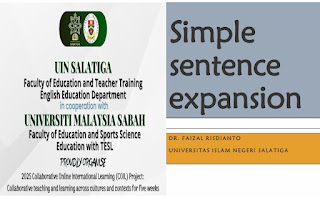Jurnal Kapal Perang vs Jurnal Kapal Dagang: Memahami Model Pengelolaan Jurnal Ilmiah
Ada sebuah diskusi menarik di kalangan pengelola jurnal tentang istilah "Kapal Perang vs Kapal Dagang". Istilah ini digunakan untuk menggambarkan dua tipe pendekatan dalam mengelola jurnal.
1. Jurnal Tipe Kapal Perang
Tipe pertama, yang disebut jurnal kapal perang, merupakan metafora untuk jurnal yang dikelola dengan semangat perjuangan tinggi dan idealisme murni. Di lingkungan PTKIN, pengelola seperti ini sering disebut sebagai "Jihadis Jurnal"—mereka yang mengelola jurnal dengan penuh dedikasi, bahkan tanpa memikirkan honor atau imbalan. Mereka bekerja dengan penuh keikhlasan, benar-benar lillahi ta’ala.
Namun, seringkali pengelola jurnal tipe ini justru merasa kurang mendapat perhatian, bahkan cenderung diabaikan, meski di sisi lain mereka tetap dibutuhkan oleh institusi mereka.
Jurnal-jurnal "kapal perang" ini umumnya banyak ditemukan di kampus-kampus, baik negeri maupun swasta. Sebagian besar tidak membebankan biaya publikasi (free APC), meskipun ada juga yang mengenakan biaya terjangkau, mulai dari 30 hingga 300 USD, tergantung pada peringkat SINTA-nya. Semakin tinggi peringkat jurnalnya, umumnya biaya APC juga semakin besar. Misalnya, jurnal SINTA 1 yang sudah terindeks Scopus bisa mematok biaya sekitar 300 USD—masih tergolong murah jika dibandingkan dengan jurnal "kapal dagang" yang akan dijelaskan berikutnya.
2. Jurnal Tipe Kapal Dagang







